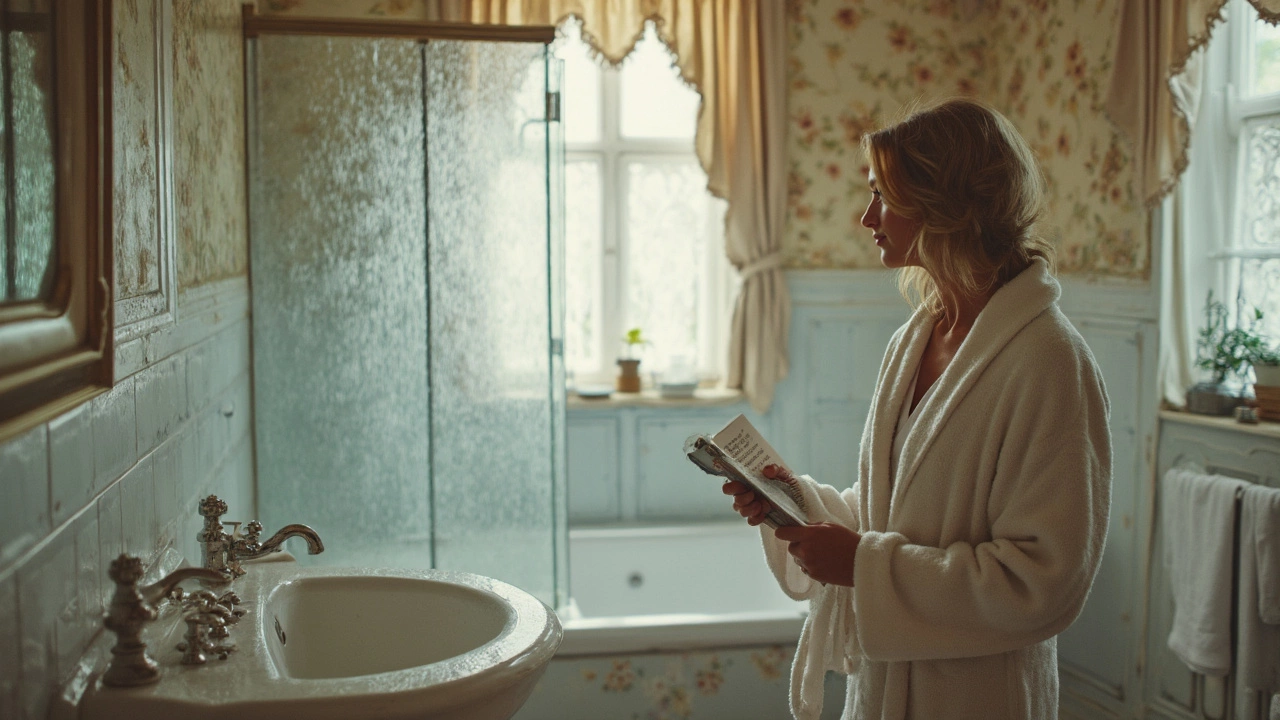Plumbing Advice: Quick Fixes and Tips for Homeowners
If you’ve ever stood under a cold shower or heard a strange hum from a fan, you know how annoying plumbing issues can be. The good news is most problems have a simple solution you can try before dialing a technician. Below you’ll find clear steps for common fixtures and advice on when it’s smarter to call an expert.
Common Plumbing Problems and Simple Solutions
No hot water? First check the water heater’s reset button. Press it for about three seconds, then wait a minute. If the heater still won’t fire, make sure the circuit breaker is off – you don’t want any shocks. Look for a tripped fuse or a blown thermostat; those are the usual culprits.
When a boiler stops heating, the issue is often a loss of pressure. Open the pressure relief valve and watch the gauge. If it reads below 1 bar, add water to the system using the fill valve until you reach the recommended level. Keep an eye on it for the next few days – a slow leak will bring the pressure down again.
Extractor fans love to collect dust and grease. A sudden stop usually means the motor is jammed. Turn off the power, remove the cover, and give the blades a good cleaning with a vacuum brush. If the fan still won’t spin, the motor bearings may be worn out – a replacement part is cheap and easy to install.
Leaking taps often stem from a worn‑out washer. Shut off the water supply, twist out the tap handle, and replace the rubber washer with a new one that matches the size. Tighten everything back up and you’ll stop the drip in minutes.
For a stubborn kitchen sink that drains slowly, a mix of baking soda and vinegar does wonders. Pour a half cup of baking soda down the drain, follow with a half cup of white vinegar, wait ten minutes, then flush with hot water. This breaks down grease without harsh chemicals.
When to Call a Professional
Some jobs are just not worth the DIY risk. If you discover a burst pipe or a major leak behind a wall, shut off the main supply and call a plumber right away. Water damage spreads fast and can ruin flooring, studs and insulation.
Old water heaters and boilers (think 15‑plus years) often have corroded tanks. Even if you can get them to heat water, a hidden leak can cause flooding and costly repairs. In those cases a replacement is usually cheaper in the long run.
If the extractor fan motor makes a loud grinding noise even after cleaning, the motor likely needs replacement. While swapping a motor isn’t hard for a seasoned DIYer, working with electrical wiring can be dangerous. A qualified electrician or plumber can finish the job safely.
Finally, any time you’re dealing with gas‑related equipment – like a gas‑powered boiler or water heater – don’t try to fix it yourself. Gas leaks are a serious safety hazard. A certified heating engineer will test for leaks, check ventilation, and ensure everything meets regulations.
By tackling the easy fixes yourself, you’ll save money and avoid unnecessary service calls. Keep a basic toolkit, a few spare washers, and a bottle of plumber’s grease in your cupboard – those small items solve most everyday hiccups. When the problem feels bigger than a quick fix, reach out to a local pro who knows the ins and outs of Hinckley homes. Happy plumbing!
15 March 2025
·
0 Comments
Many find themselves puzzled when hot water flows from their sink but not the shower. This could be due to a range of issues from a malfunctioning shower valve to a clogged showerhead. Checking these components might save you a costly plumber visit. Routine maintenance on your water heater and regular checks on the plumbing system can prevent such problems before they escalate. Identifying the root cause can make your morning routine smooth again.
Read more


